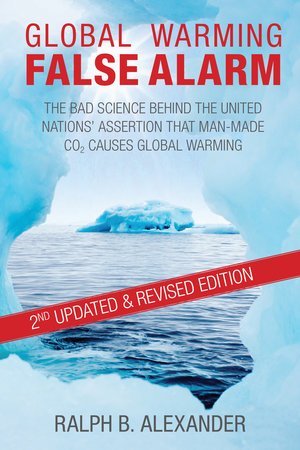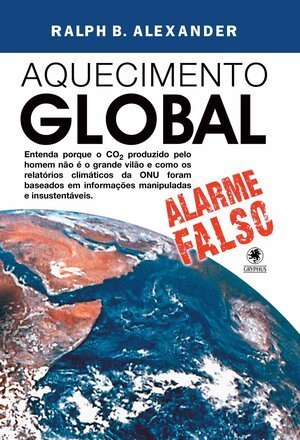Absurd Attempt to Link Climate Change to Cancer Contradicted by Another Medical Study
/Extreme weather has already been wrongly blamed on climate change. More outlandish claims have linked climate change to medical and social phenomena such as teenage drinking, declining fertility rates, mental health problems, loss of sleep by the elderly and even Aretha Franklin’s death.
Now the most preposterous claim of all has been made, that climate change causes cancer. A commentary last month in a leading cancer journal contends that climate change is increasing cancer risk through increased exposure to carcinogens after extreme weather events such as hurricanes and wildfires. Furthermore, the article declares, weather extremes impact cancer survival by impeding both patients' access to cancer treatment and the ability of medical facilities to deliver cancer care.
How absurd! To begin with, there’s absolutely no evidence that global warming triggers extreme weather, or even that extreme weather is becoming more frequent. The following figure, depicting the annual number of global hurricanes making landfall since 1970, illustrates the lack of any trend in major hurricanes for the last 50 years – during a period when the globe warmed by approximately 0.6 degrees Celsius (1.1 degrees Fahrenheit). The strongest hurricanes today are no more extreme or devastating than those in the past. If anything, major landfalling hurricanes in the US are tied to La Niña cycles in the Pacific Ocean, not to global warming.
And wildfires in fact show a declining trend over the same period. This can be seen in the next figure, displaying the estimated area worldwide burned by wildfires, by decade from 1900 to 2010. While the number of acres burned annually in the U.S. has gone up over the last 20 years or so, the present burned area is still only a small fraction of what it was back in the 1930s.
Apart from the lack of any connection between climate change and extreme weather, the assertion that hurricanes and wildfires result in increased exposure to carcinogens is dubious. Although hurricanes occasionally cause damage that releases chemicals into the atmosphere, and wildfires generate copious amounts of smoke, these effects are temporary and add very little to the carcinogen load experienced by the average person.
A far greater carcinogen load is experienced continuously by people living in poorer countries who rely on the use of solid fuels, such as coal, wood, charcoal or biomass, for cooking. Incomplete combustion of solid fuels in inefficient stoves results in indoor air pollution that causes respiratory infections in the short term, especially in children, and heart disease or cancer in adults over longer periods of time.
The 2019 Lancet Countdown on Health and Climate Change, an annual assessment of the health effects of climate change, found that mortality from climate-sensitive diseases such as diarrhea and malaria has fallen as the planet has heated, with the exception of dengue fever. Although the Countdown didn’t examine cancer specifically, it did find that the number of people still lacking access to clean cooking fuels and technologies is almost three billion, a number that has fallen by only 1% since 2010.
What this means is that, regardless of ongoing global warming, those billions are still being exposed to indoor carcinogens and are therefore at greater-than-normal risk of later contracting cancer. But the cancer will be despite climate change, not because of it – completely contradicting the claim in the cancer journal that climate change causes cancer.
Because climate change is actually reducing the frequency of hurricanes and wildfires, the commentary’s contention that extreme weather is worsening disruptions to health care access and delivery is also fallacious. Delays due to weather extremes in cancer diagnosis and treatment initiation, and the interruption of cancer care, are becoming less, not more common.
It makes no more sense to link climate change to cancer than to avow that it causes hair loss or was responsible for the creation of the terrorist group ISIS.
Next: Science vs Politics: The Precautionary Principle






